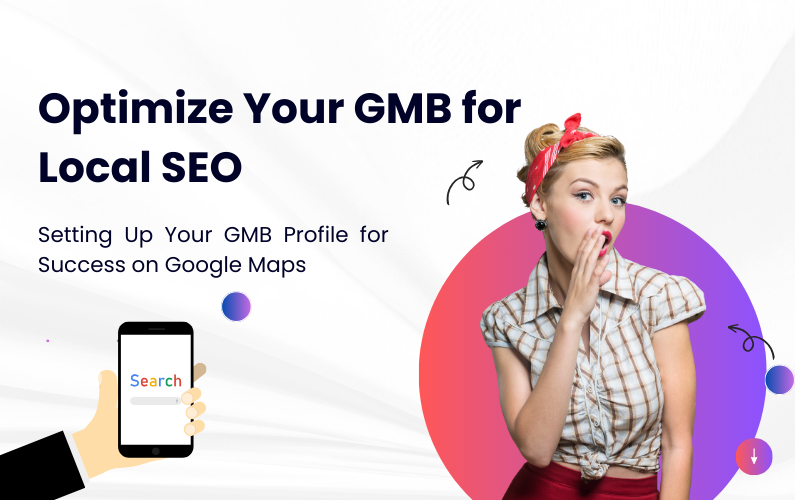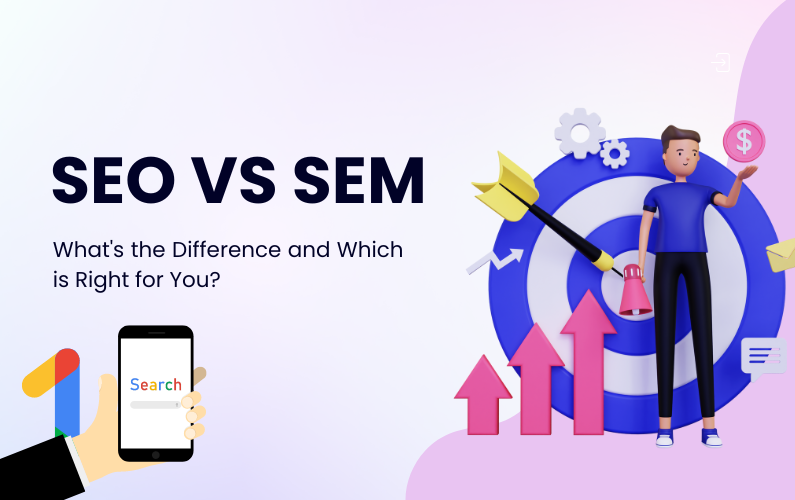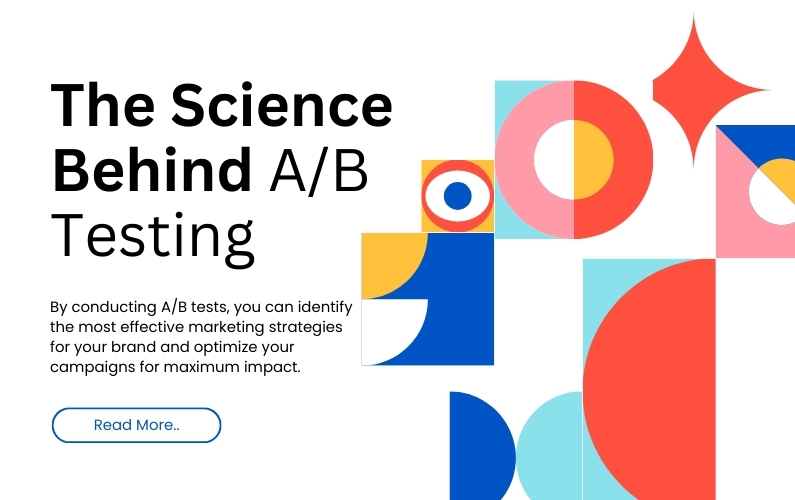Top 10 Essential On-Page SEO Factors for Small Business Websites
In today’s digital world,
search engine optimization (SEO) plays a crucial role in the success of small businesses. SEO helps businesses reach a wider audience and increase their online visibility on search engines. While there are several factors that contribute to good search engine rankings, on-page SEO is the foundation for every website’s optimization strategy. By focusing on improving on-page SEO elements, your website can achieve higher search engine rankings and boost traffic. In this blog post, we will explore the top 10 essential on-page SEO factors that small businesses must prioritize.
Title Tag Optimization
The Title tag is the headline of a web page’s listing in Google search results. For example: “
Dental Web Design & SEO in Mississauga“. This tag defines the page’s subject matter and should include relevant keywords to attract clicks. You should keep it under 60 characters, focus on the page’s primary keyword, and include the brand name. Avoid keyword stuffing which refers to the practice of over-using keywords in your title tag. This not only makes the text difficult to read but also results in penalties from search engines like Google. Instead, focus on writing naturally without forcing keywords into every sentence. The key is to ensure that your title contains valuable information that can be easily understood by readers.
Meta Description Optimization
The meta description provides a brief preview of the page’s content. You should use descriptive, action-oriented language that includes relevant keywords and entices users to click.
Header Tags (H1, H2, H3)
Header tags indicate the page’s hierarchy and help search engines understand the page’s structure. The H1 tag should include the primary keyword, and the additional headings (H2, H3) should be structured accordingly.
Keyword Optimization
Keywords are crucial to
on-page SEO and should be used appropriately in the title tag, meta description, header tags, and throughout the page’s content. Avoid keyword stuffing and ensure that the content reads naturally.
Content Quality
High-quality content is essential to a successful SEO strategy. Content should be informative, relevant, and engaging, providing value to the reader’s search intent and answering their questions.
Page Load Speed
Page load speed is a significant ranking factor. Make sure your website is optimized for faster load times, including compressing images and leveraging browser
caching.
Mobile Optimization
Mobile optimization is critical, given that over half of all website traffic comes from mobile devices. Make sure your website is mobile-friendly, easy to navigate, and responsive.
Internal Linking
Internal linking refers to linking to other pages within your website. This helps search engines understand your website’s structure and hierarchy and encourages visitors to navigate your website.
Image Optimization
Images are an important part of any website, but they can slow down page speed if not optimized correctly. Optimize image sizes, compress images, and add alt text and descriptive file names.
URL Structure
A clean, meaningful URL structure helps search engines understand what your page is about and improves click-through rates. Use relevant keywords in your URLs, and avoid using special characters or numbers.
Conclusion:
On-page SEO is crucial to the success of any small business website. By prioritizing these ten essential on-page SEO factors we’ve outlined above, your website can achieve higher search engine rankings, attract more traffic, and ultimately, generate more leads and sales. Remember: achieving a higher search engine ranking is an ongoing process, but focusing on these crucial factors will set your website up for success.
Contact us today to help optimize your website’s on-page SEO and achieve your business goals.











